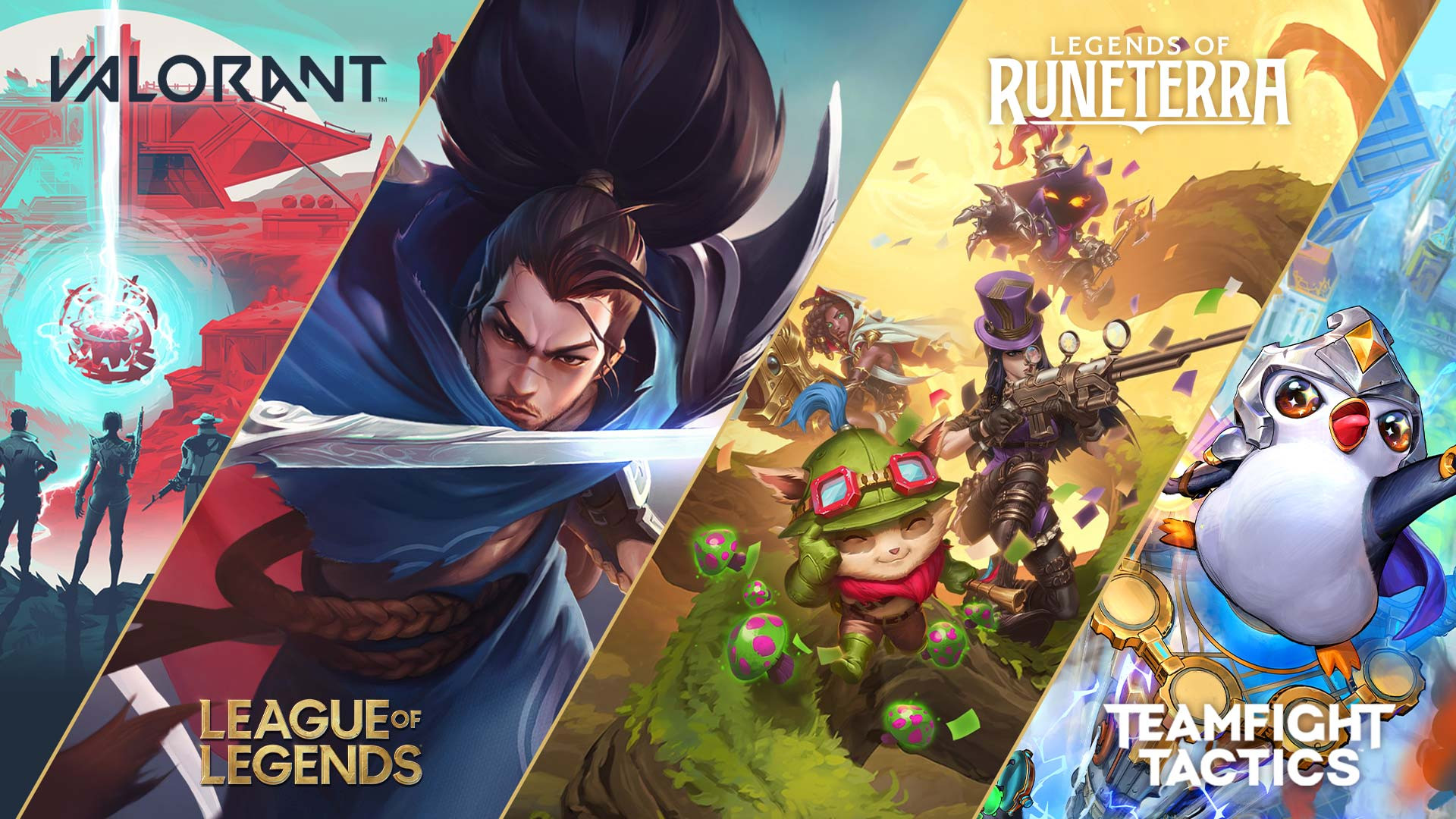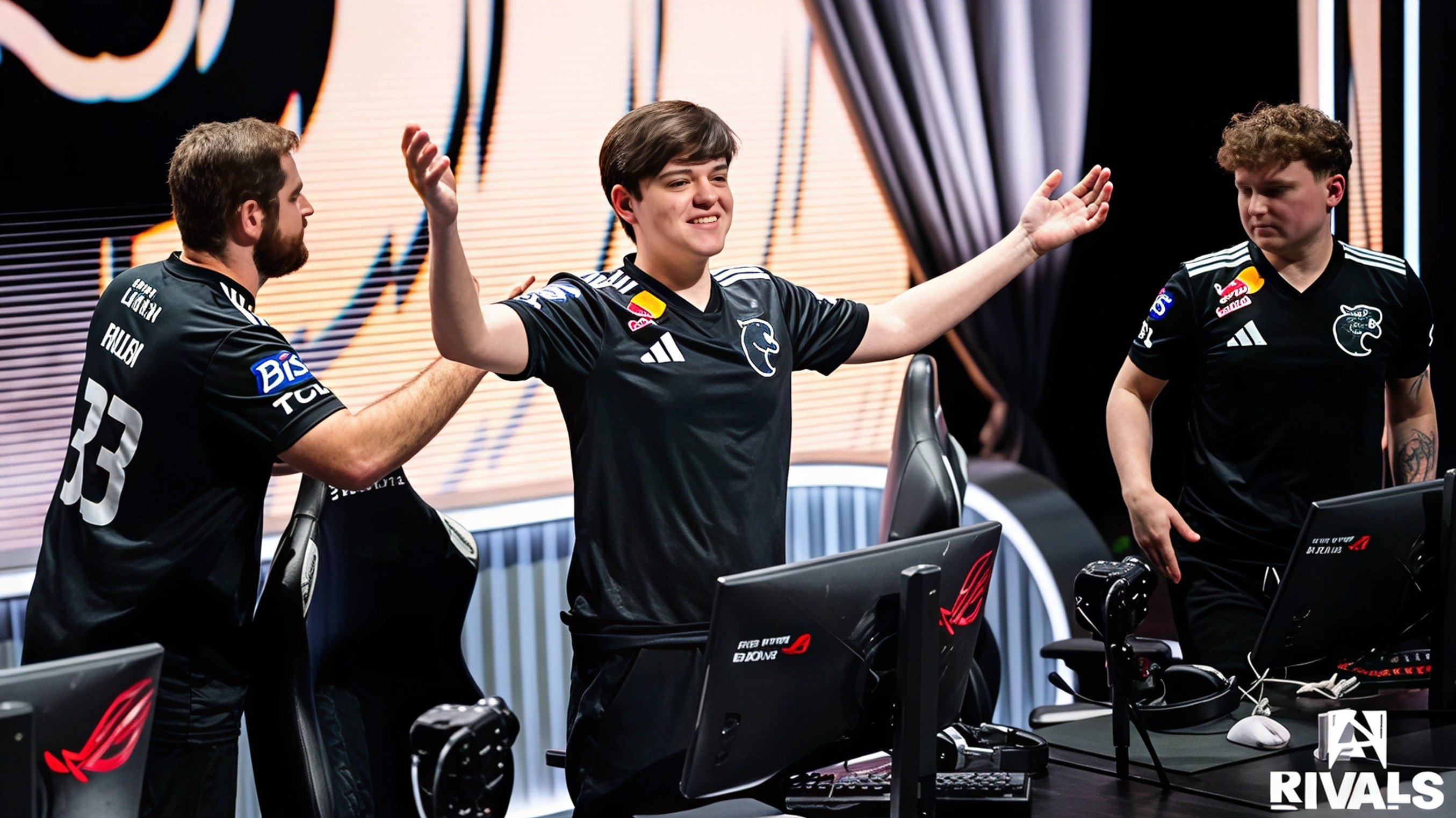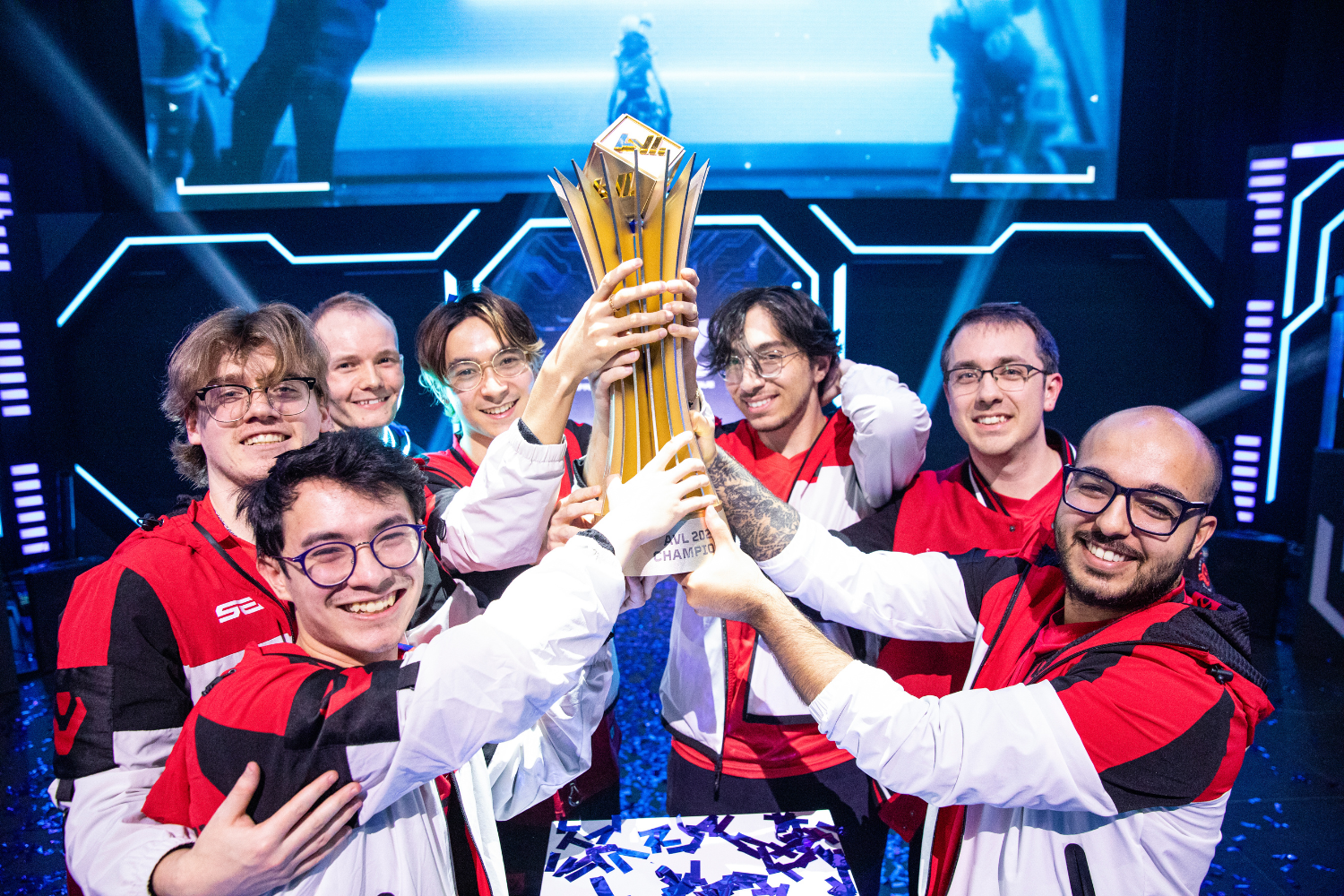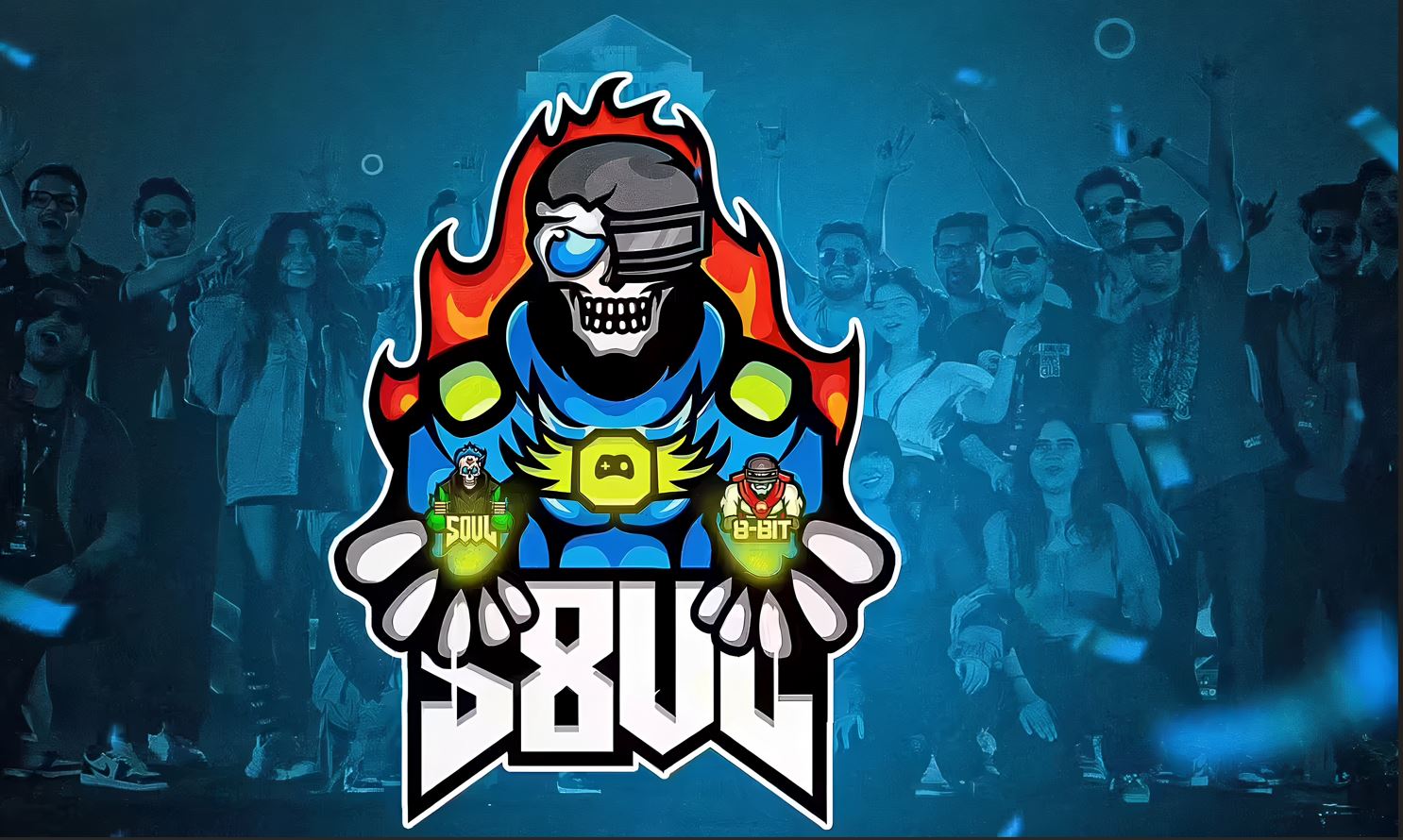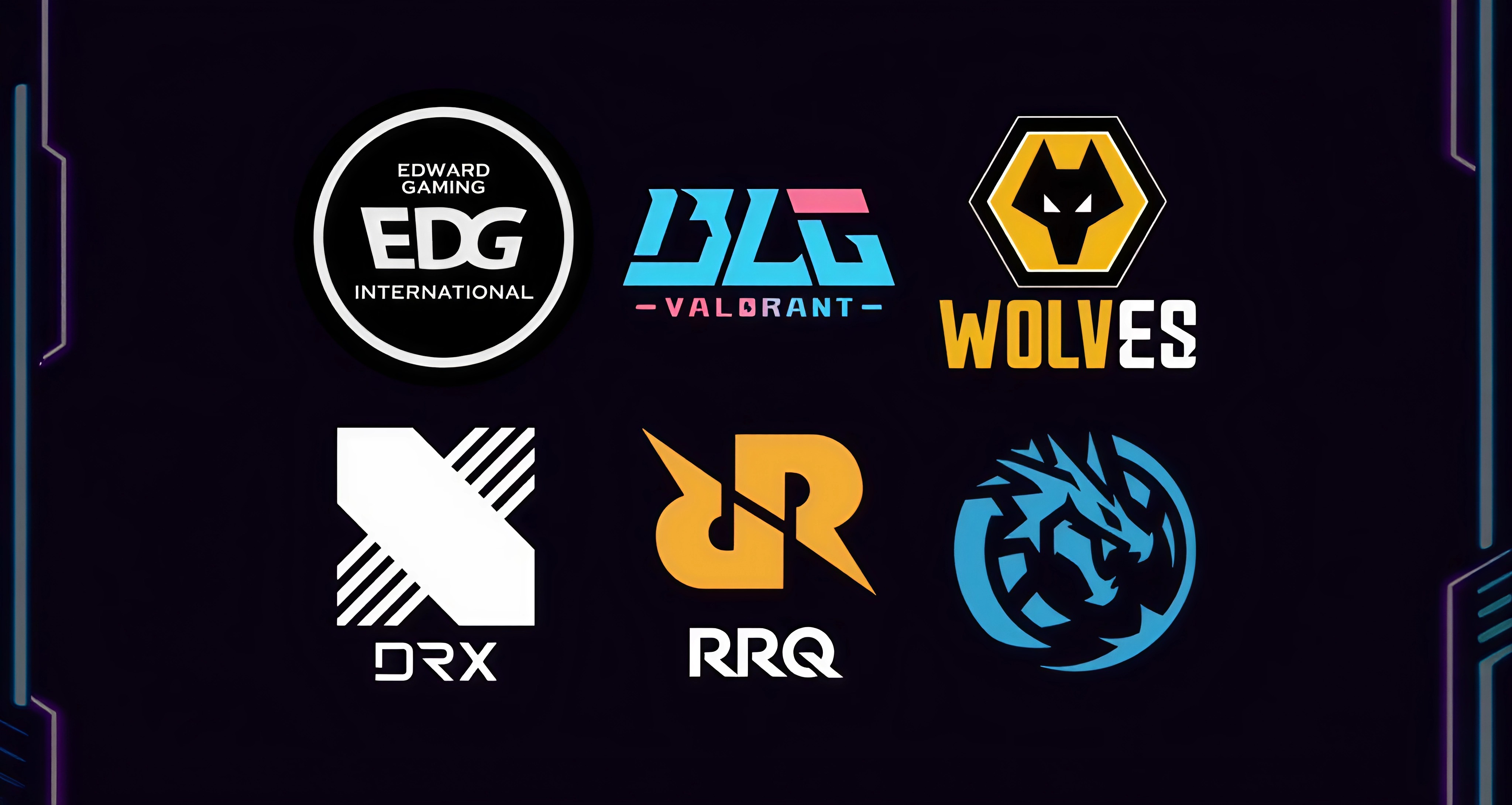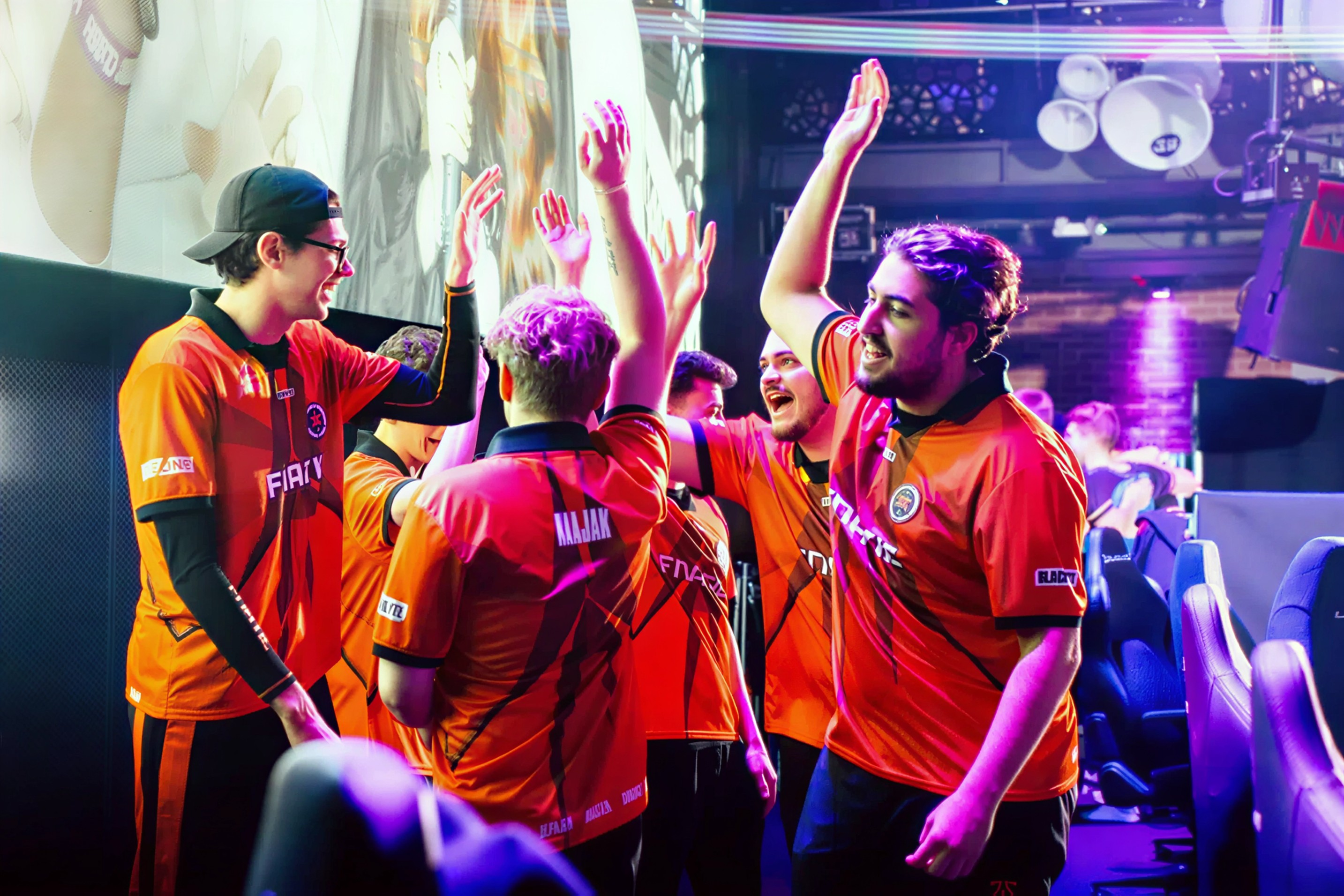Riot Games is opening a new chapter in the future of competitive gaming. In a move that could significantly reshape the economics of esports, the company has officially approved betting sponsorships for League of Legends and VALORANT across North America and EMEA. This policy shift marks the first time Riot will allow regulated betting brands to partner with top tier esports teams under its umbrella.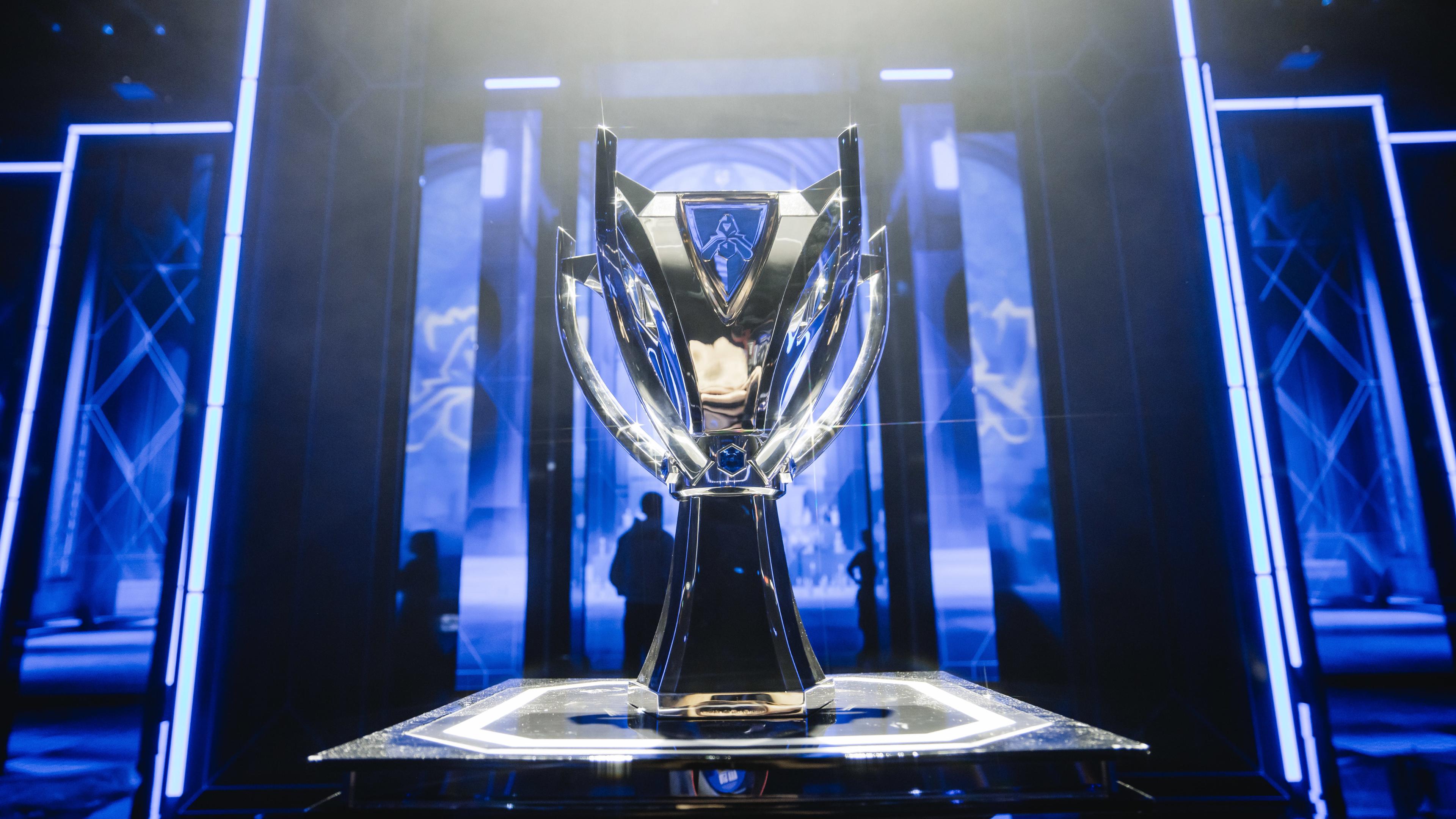
The announcement is part of Riot’s broader goal to create a financially sustainable ecosystem around its most successful esports titles. League of Legends and VALORANT, both developed and published by Riot, have grown into global competitive platforms with massive player bases and millions of fans tuning in across the world. With this decision, Riot is not only acknowledging the financial potential of sports betting but also taking control of how it unfolds within its ecosystem.
The move follows staggering data shared by sports analytics company Sportradar, which revealed that betting activity across both games reached over ten billion dollars globally in twenty twenty four alone. Perhaps even more striking is the statistic that seventy percent of bets were placed through unregulated, unlicensed bookmakers. By allowing regulated betting partnerships, Riot aims to bring this activity under safer, monitored frameworks while ensuring that participating teams and leagues benefit economically.
According to Riot Games, betting sponsorships will not be a free for all. Strict requirements are in place to protect the competitive integrity of both League of Legends and VALORANT. Any interested sports betting brand must be vetted and approved directly by Riot. These partners will also need to work with GRID Esports, the official data provider for Riot titles, ensuring that all betting related data comes from a trusted source. Additionally, teams entering into such sponsorships will be required to establish internal integrity protocols, safeguarding both players and fans.
The policy does not include visual promotion on official Riot broadcasts or team jerseys. Betting company logos will not appear on any live stream overlays or during match coverage. Instead, sponsorships are expected to live on team owned platforms and off broadcast marketing. Riot has emphasized that fan experience and game integrity remain top priorities even as this new revenue stream opens.
Importantly, Riot is not just allowing these partnerships but also plans to reinvest part of the revenue generated from the betting program into the broader esports ecosystem. Tier Two leagues and grassroots tournaments, which often struggle with funding, are expected to benefit through increased prize pools, enhanced player development programs, and better training resources for organizers. This step could create a more stable pipeline of talent feeding into the professional scenes of both League of Legends and VALORANT.
For Riot Games, the decision marks a calculated entry into a space that has long existed unofficially on the sidelines of esports. President of Publishing and Esports John Needham stated that the company would rather participate thoughtfully in shaping betting partnerships than allow unregulated markets to operate unchecked. He called the move a way to protect fans, support teams, and define what responsible collaboration between esports and betting should look like.
While this change has already started rolling out, Riot has been preparing its teams since the end of twenty twenty four. Communications to League of Legends and VALORANT Champions Tour teams began in December last year, giving organizations time to adjust and align with the new rules. As of now, several top teams are exploring opportunities with licensed sportsbooks, signaling the beginning of a new financial model for Riot’s flagship titles.
This update may spark broader discussions across the industry about how publishers approach monetization in esports. While some titles continue to restrict sponsorship categories such as alcohol, gambling, or cryptocurrency, Riot is clearly charting a more open yet controlled path forward. By focusing on transparency, compliance, and reinvestment, the company is attempting to balance commercial growth with long term sustainability.
As League of Legends and VALORANT continue to thrive globally, this latest move could serve as a blueprint for other publishers navigating the intersection of esports and betting. With the right checks in place, Riot’s bold strategy might just redefine what financial success looks like in the world of competitive gaming.
For more updates on the evolving world of esports sponsorships, tournament changes, and competitive insights, follow Gaming Moves on Instagram and Facebook.

